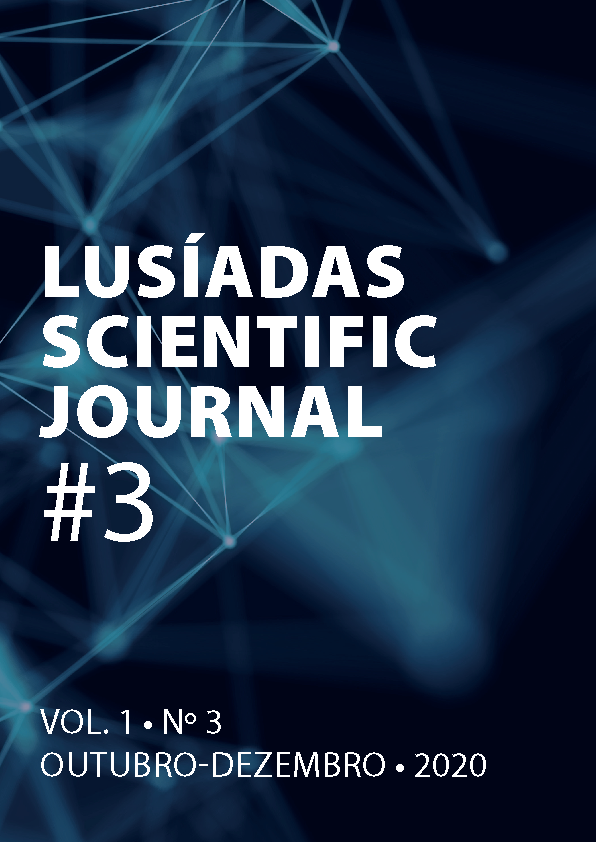Review Articles
SARS-CoV-2 Infection and Mental Disease
Main Article Content
Abstract
On March 11th 2020, the WHO announced a pandemic by a novel coronavirus, the SARS-CoV-2. The psychopathological effect of epidemics of infections by other coronavirus (severe acute respiratory syndrome - SARS, Middle East respiratory syndrome - MERS) had already been documented. Even though the psychopathological consequences of SARS-CoV-2 infection have been far less studied than physical illness, an increase in prevalence of mental disease is expectable, as a result of isolation, unemployment and financial difficulties, fear over prognosis – due, in part to information released by media and social media, stigma and traumatic memories, both in inpatients and at follow-up. We performed a research at scientific databases about the association between SARS-CoV-2 infection and psychological and neuropsychiatric symptoms. The literature shows an increase in prevalence of delirium, particularly in inpatients admitted to Intensive Care Units; negative emotional response to admission and a markedly increased prevalence of depression, anxiety, insomnia, post-traumatic stress disorder and obsessive-compulsive disorder in COVID-19 patients. The physiopathology of psychiatric disorders caused by SARS-CoV-2 includes a combination of systemic inflammation, viral neurotropism and reaction of stress. Considering the temporal and geographic widespread characteristic of the pandemic, we face an important public health problem with expectable sustained increase in prevalence of these mental disorders. It is of uttermost importance to implement mental health care measures directed towards the prophylaxis and treatment of vulnerable populations.

